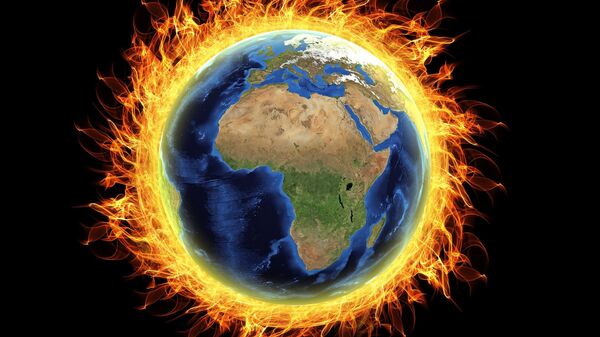According to a report from the Copernicus Climate Change Service (C3S), an agency supported by the European Union, global average temperatures in 2019 were 1 degree Fahrenheit higher than the average between 1981 and 2010; only 2016 was hotter than 2019 globally, by less than one-tenth of a degree Farenheit. Europe, however, experienced its warmest year ever in 2019.
C3S also announced that 2019 was the “fifth in a series of exceptionally warm years,” noting the average global temperatures of the last five years have been between 1.1 and 1.2 degrees Celsius higher than the pre-industrial level designated by the UN Intergovernmental Panel on Climate Change (IPCC).
Satellite measurements also revealed that global atmospheric carbon dioxide concentrations continued to increase in 2019 and that the most “pronounced warming,” according to the report, took place in Alaska and other parts of the Arctic.
Carlo Buontempo, head of C3S, said that “2019 has been another exceptionally warm year, in fact the second warmest globally in our dataset, with many of the individual months breaking records,” the report notes.
In another statement, Jean-Noël Thépaut, the director of the European Center for Medium-Range Weather Forecasts, noted that the “past five years have been the five warmest on record; the last decade has been the warmest on record. These are unquestionably alarming signs.”
According to an August report by the US National Oceanic and Atmospheric Administration (NOAA), the average global temperature for July 2019 - slightly above 62 degrees Fahrenheit - was the hottest month on record for planet Earth, topping the previous historic leader of July 2016 by 0.05 degrees.
High temperatures made headlines across the globe in 2019, as several heatwaves spread across continental Europe in June and July. Meanwhile, sea ice in Alaskan waters has completely melted away, according to satellite data from the US National Weather Service (NWS), while unprecedented bushfires have ravaged Australia since September.



